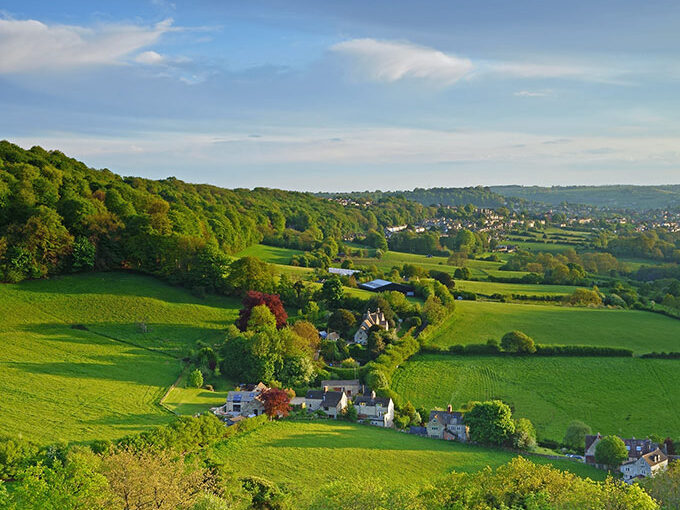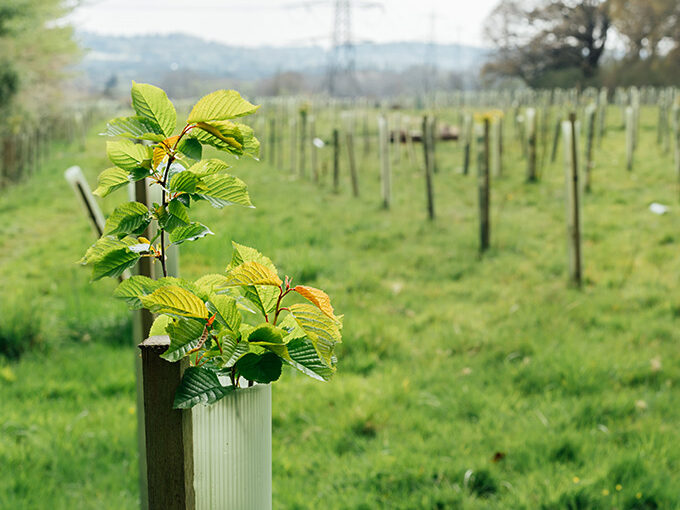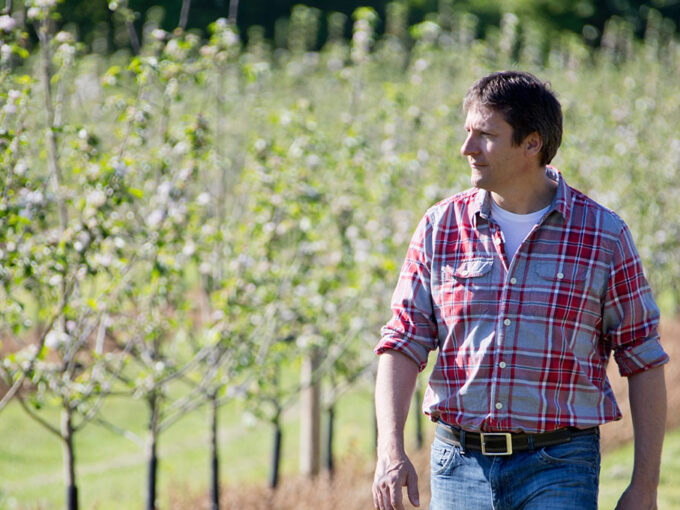A study carried out a few years ago (by the University of Exeter) revealed that only one in five farmers planned to retire in full, with the rest planning to work at various levels of intensity to the day they die. There is also a marked reluctance within the industry to talk about succession.
The research found that over a quarter of farmers had not spoken about succession planning with anyone, and of those with children, only half had identified a potential successor.
Understandably, many farmers are no doubt reluctant to surrender the business they have worked so hard on for so many years, and no-one enjoys contemplating their own demise. However, a lack of clear legal framework and structuring can cause problems down the line for successors and the business alike.
Succession
One way a farmer can continue to enjoy the fruits of their labour whilst beginning the process of passing the baton to the next generation is to enter into a partnership (see article on business structures). Although partnerships don’t actually require one, it is best practice for the arrangement to be formally documented with a partnership agreement. The farmer’s will should be drafted in conjunction with, or at least with reference to, the partnership agreement. There are several reasons for preparing both documents, and ensuring they complement each other:
- In the absence of a partnership agreement, which would deal with how a partner’s death is dealt with, the partnership will dissolve automatically on the death of any one partner, no matter how many partners remain.
- With no partnership agreement, the farmer’s personal representatives (either their executors if they have named such in a will, or if not their administrators) can insist the partnership assets are sold and the funds distributed. They are also under no obligation to offer the surviving partners first refusal.
- In the absence of proper documentation, it may not be clear what precisely is comprised in the farm, nor what are partnership assets and what is owned personally by the farmer.
- If there is any conflict, the partnership agreement will take priority over the will, which may not be what the farmer wanted.
- The inclusion of certain clauses in the partnership agreement or the will could inadvertently impose a binding contract for sale on the death of the farmer, which means valuable reliefs from inheritance tax (IHT), in the way of Agricultural Property Relief and Business Property Relief, will be lost. As a result, the estate will pay IHT at up to 40%. Although it may be possible to pay this by instalments, there may be no option but to sell the farm to pay the tax due, and in any event, this will be a substantial portion of the value of all but the smallest farms (where the nil rate bands will have a greater impact).
- Poor drafting of the will or partnership agreement can also cause the loss of the capital gains tax (CGT) free uplift to market value of the farmer’s interest in the farm partnership on death.
Selling the farm
Some farming families do not have a willing successor, and with the disappearance of farming subsidies and uncertainty around environmental land management schemes (ELMs), an increasing number of families are now looking for a way out of the sector. Property developers can offer very attractive prices for farms, and cashing out may seem to be the obvious solution.
However, if the farmer is nearing the end of their life, there can again be adverse tax consequences to agreeing a sale. As noted above, most farms will qualify at least partly for IHT relief on the death of the owner as a result of Agricultural Property Relief (APR) and Business Property Relief (BPR), whereas if the farm has been sold, the resulting cash will be taxable at 40%, after allowing for any available nil rate bands. In addition, once a contract for sale is agreed, all IHT relief is lost, regardless of when the proceeds are payable.
In the past, most farms qualified for 100% relief on the majority, if not all, of their value as a result of APR and BPR. However, following the changes announced to APR and BPR in the 2024 Autumn Budget, 100% relief is capped at £1 million for deaths after 5 April 2026, and therefore farmers should review their position as a matter of urgency. We cover the APR and BPR reforms in a separate article.
Conclusion
The future of the farm can be a very emotive subject for the farmer, particularly one whose forefathers have farmed the same land for generations. However, too often, if professional advice is not taken before agreements and other documentation are put in place, there is a real risk of a business, which has been built over many years, evaporating when the final harvestman comes to call.
For more information on any of the issues raised, please speak to your usual Saffery contact, or get in touch with Will Leonard.
Useful Resources
Contact Us
Director, London
Key experience











